How to discuss baby loss with children and siblings.
- katierosealexander
- Nov 21, 2019
- 8 min read
Updated: Apr 21, 2021
November is Worldwide Bereaved Siblings Month. I wanted to share my families story in hope it could help someone else. This is something which is so personal and very difficult to write, but it is paramount.
Warning: this blog does include images some individuals may find triggering. They are used to express the story and love felt within it, not to cause pain to anyone reading.

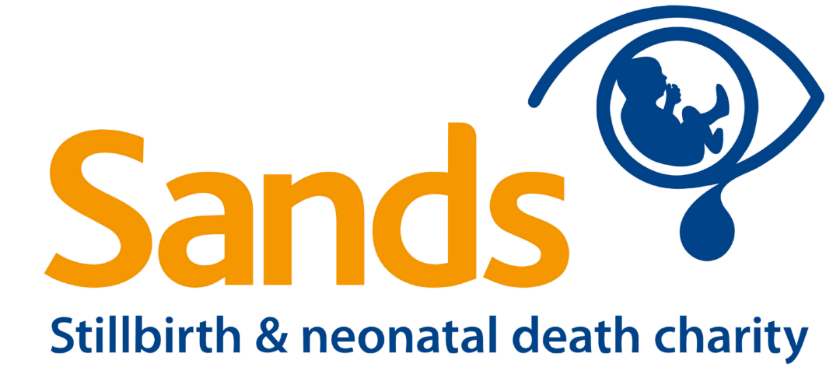
My parents found out they were pregnant with their fifth child in March 2015 and told us the following day. They then decided to tell the rest of the family two days later on Mothers Day. Everyone was so happy and excited, once they had gotten over the initial shock. My parents told us all of the pregnancy very early on. They had longed for a baby for years. Thomas was so excited to have a younger sibling, we all were but in different ways. For me especially, it was more than gaining another sibling. I knew how desperate my mum was for another baby, I understood her crave for it. I also loved the idea of having another little one for Thomas to play with, despite him having 3 siblings already, he was very much like an only child. We would all play with him of course, but it was different, we were all adults. It felt almost like he had 5 parents.
Very early on, my mum experienced some spotting, something which she had never had in any of her other pregnancies. I think we all panicked at that point. My mum had a check-up and everything was fine. It was just blood, the baby and her were both fine. You feel yourself relax at that point. You're being told what you're experiencing is normal, maybe not for your body previously, but it was okay. At that point, you don't think anymore into it. You take whatever you're being told and run with it. I don't know if that because we genuinely believe that, or because that's what we want to hear. But, I honestly don't think we were aware, at this point, of what could potentially be happening.
This is not designed to put any doctors at fault. No one knew at that point what was coming next. It's very hard to prepare yourself when you have no idea. That's what it felt like for me. You don't know how to prepare for something you have never experienced.
In May 2015, at my parents 12 week scan they were told that something wasn't right. The foetus had a lot of complications, this was ultimately diagnosed as Trisomy 18, which is also known as Edwards Syndrome. This is when the foetus has an extra 18 chromosome, having three rather than two. This is when the whole world collapsed for my parents. Although it is the second most common trisomy disorder, after trisomy 21 (Down Syndrome), it is very rare. In the UK roughly one in every 4000 babies are diagnosed with Edwards Syndrome. Most babies who have Trisomy 18 do not make it to full term, of the ones that do over half of them will be stillborn. Of the babies who do survive birth, less than 10% of them make it to their first birthday.
Daisy was born on 5th June 2015 after my parents decided to end the pregnancy. At the time they had 4 living children aged 3, 15, 16 and myself being 17. She was born with multiple complications which would have made it impossible for her to live outside of the womb. My parents made the decision not only to prevent Daisy from further harm but also to protect us four. When she was born was when we all saw the full extent to how ill and affected she actually was.
We were told during the pregnancy that Daisy had mosaic trisomy 18, which is a less severe form as only some of her cells contained the extra chromosome 18, not all of them. Although this doesn't always mean that the babies are less affected. Daisy was very small, she had a heart defect and her bowel was on the outside of her body. She also had clenched fists with difficulty extending her fingers. She had a small head size with the back being prominent from amniotic fluid which ultimately left her with severe brain damage.
She would not have made it to full term.
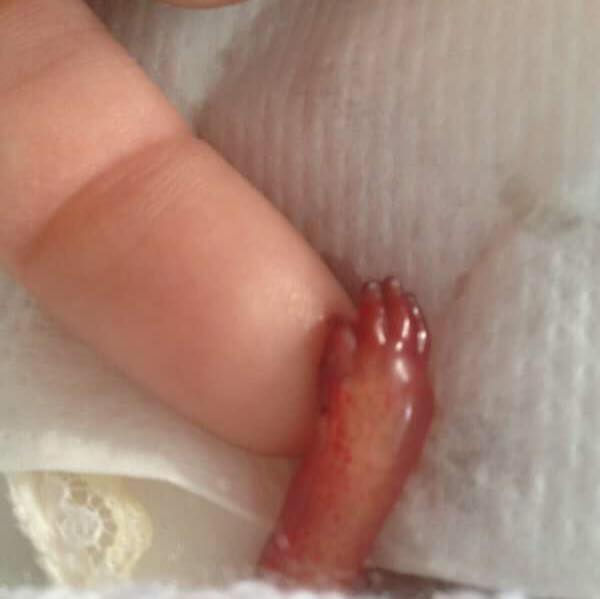
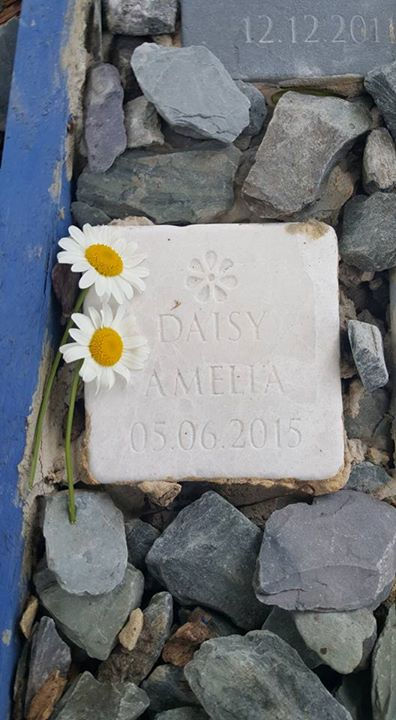
Us older 3 had some understanding of what was going on, and what was going to happen. It is much easier to explain to teenagers than it is to a 3-year-old. My brother, Thomas, didn't understand. How do you explain to a 3-year-old that mummy's not having a baby now? He had been prepped on having a baby, he was excited and he already loved her. We all tried to brace him for the inevitable. We told him that the baby was poorly and that the doctors might not be able to make her better.
I don't know how children process or understand death. I don't know how to explain it to them, but we had to. My mum had just given birth to a child she would never bring home. We wanted to remember Daisy so we chose to talk about her, every day. We all have unity in the fact that we all have a sister in heaven. It is something that brings and holds us together. We love her, we always have.
Every year on her birthday we let a balloon go. Every Christmas we buy a tree decoration for her. We actually have two trees now, one which is a memory of her. Every October we participate in the Wave of Light and light a candle for her. This year, we got matching tattoos for her. Every day, week and month we talk about her. Every day we remember her. Every day she is with us. Every day I write because of her because I want to share her story with the world. I want to help someone through the pain I feel.
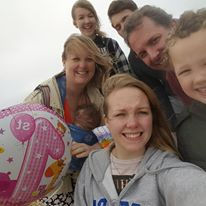
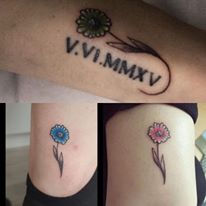
There is something honestly traumatising about Daisy's situation. I hate when people tell me that pain is meant to happen. It is still really hard to accept that she was not meant to be here, but she wasn't. I am sobbing as I write this because it hurts. It hurts that she's not here. It hurts that she has missed so much. She would be 4. Who knows what she would be like? Who would she look like? We can only guess. It's still really difficult to talk about her, it still makes me cry. But there is also something beautiful within this misery.
Thomas understands, to some extent, what happened. He now has to live and deal with that. Daisy has been a 'normal' part of life for him. He speaks about her openly. When she was first born he picked up on the emotions going through our house. I remember him saying to my mum 'mummy, can we have another baby so we can be happy again?' I think children grasp how we're feeling, they just don't quite know how to deal with it themselves. How could they? Once we were at the park with some of Thomas' friends and I remember him showing a little girl a photo of Daisy after she was born. Daisy was normal to him. He didn't understand why he shouldn't show photos of her to other children. She was just his sister.
Despite trisomy 18 being so rare, one of my mum's friends actually had a little girl born in October 2014 with it. They have someone who knows how it feels. They have someone who completely understands. These two women have been friends since my brother was born in 2011. After Daisy was born Thomas started reception year where he was asked to talk about his family, he chose to talk about her. He told his teachers and peers that he had a baby sister who had died. In that same class was the son of my mother's friend.
Thomas and he are completely different children. I can't imagine they would naturally play together. But they're both 8 now, and they have a connection through the ones they lost. They both lost their sisters when they were 3 years old. That is something which will join them forever. My sister, Bonnie was born in April 2016, just six months after my mum's friend gave birth to her rainbow baby. These girls are inseparable. They are best friends. They are babies which came after so much pain and heartbreak. This connects them too.
They are all linked in an awfully beautiful way. They have an unbreakable bond that goes before them. Most importantly, they have friends who care about what happened. They have friends who can sympathise with what they are feeling. That will never go away, they may still be young but that will grow as they do.


Having people that understand what happened and the emotions attached to that really makes the difference. It makes things easier to process when you know someone else understands.
This year when we lit a candle for Daisy for Baby Loss Awareness Week, Thomas got really upset. He is growing up with this loss, trying to understand and manage it. As we spoke to him and told him it was okay to be upset because we all are. It's sad. We were also able to tell him that his friend would be doing that same at his house. That they would be upset as well. Knowing that he was not alone calmed him. My siblings and I will always have that. Thomas and Bonnie will always have that with their friends.
This blog is in memory of Daisy and Luna. Two little ones who spent just a small time on this earth but had a big, everlasting impact on the lives of those who love them so much. The ones we will never forget and are always grieving for.
Since Daisy was born, my life has changed drastically. I don't think I would be writing at all if it wasn't for her. She allowed me to understand something I had never even thought about before. You don't understand or even acknowledge, baby loss before it happens to you. I never thought about it. I knew it happened, but I never knew the extent. 1 in 4 pregnancies will end in a loss. 1 in 4. That's a lot.
I don't always know the best way to support someone or help them. The truth is, I still struggle with this a lot myself, but that's why I do this. To learn and better myself so that I'm then able to help someone else.
That's why this blog is written in collaboration with Sands. A charity that work brilliantly to support parents and families who have experienced baby loss. They aim to improve bereavement care and to reduce the number of babies dying. Sands offer support to all family members, including siblings.
They provide a pack which you can use to help yourself or others. It discusses how to explain loss to children, whether that be siblings, cousins, nieces or nephews. You can download that here: https://www.sands.org.uk/support/bereavement-support/sands-supporting-children
One way to explain child loss is through reading. Bringing an adult concept down to child's level will not only help them understand the situation more, but it may also help them understand their grief. Sands recommend the following books to help children understand the loss of another child. These books, written by bereaved parents, are aimed to comfort families in their darkest hours.
1) ‘Where are you Lydie?’ by Emma Poore https://www.instagram.com/p/B4iF50lgnJB/
2) ‘These precious little people’ by Frankie Brunker & illustrated by Gillian Gamble https://twitter.com/SandsUK/status/1192111921694232578
3) ‘In the stars’ by Sam Kitson https://www.facebook.com/sandscharity/posts/10156782283602201
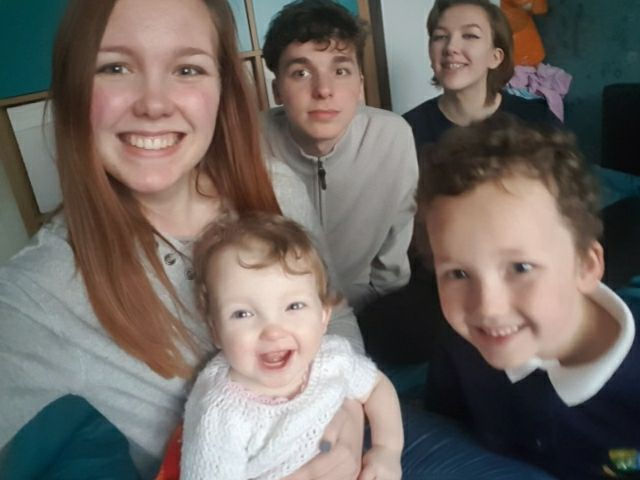
Thomas after finding out my mum was pregnant with Daisy.
Thomas after finding out my mum was pregnant again, with Bonnie.
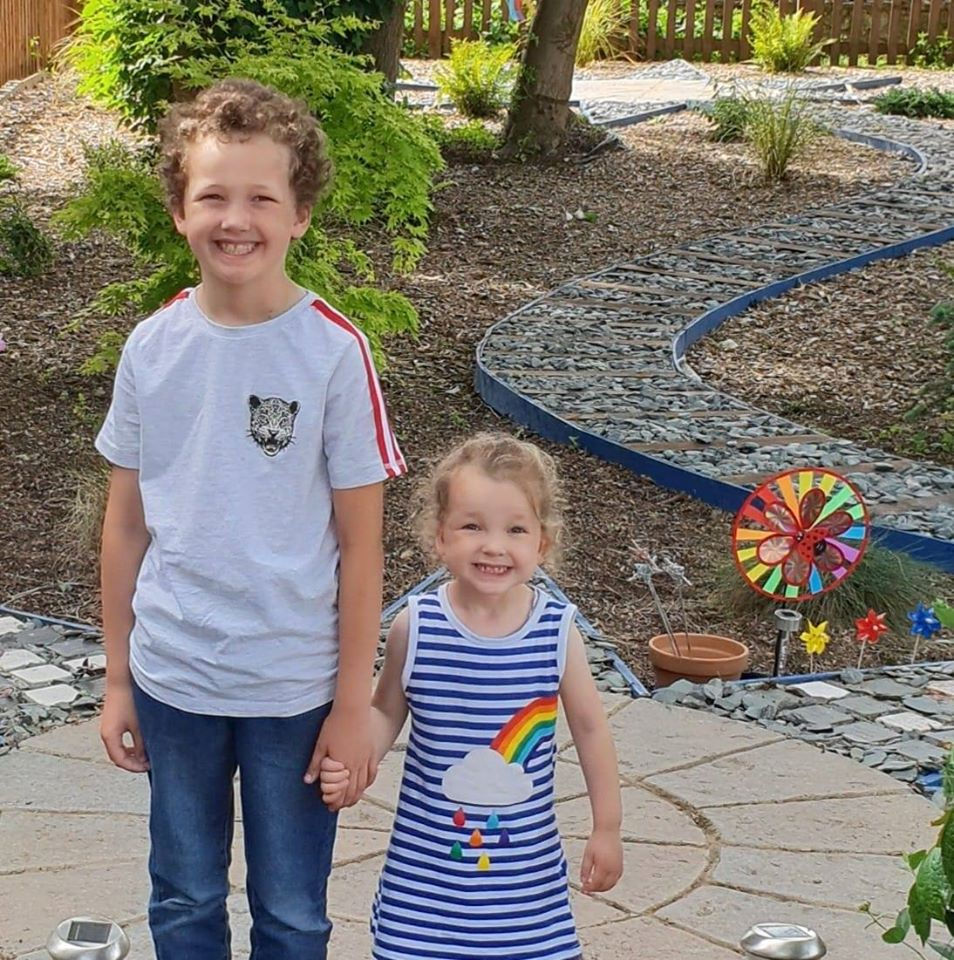





Comments